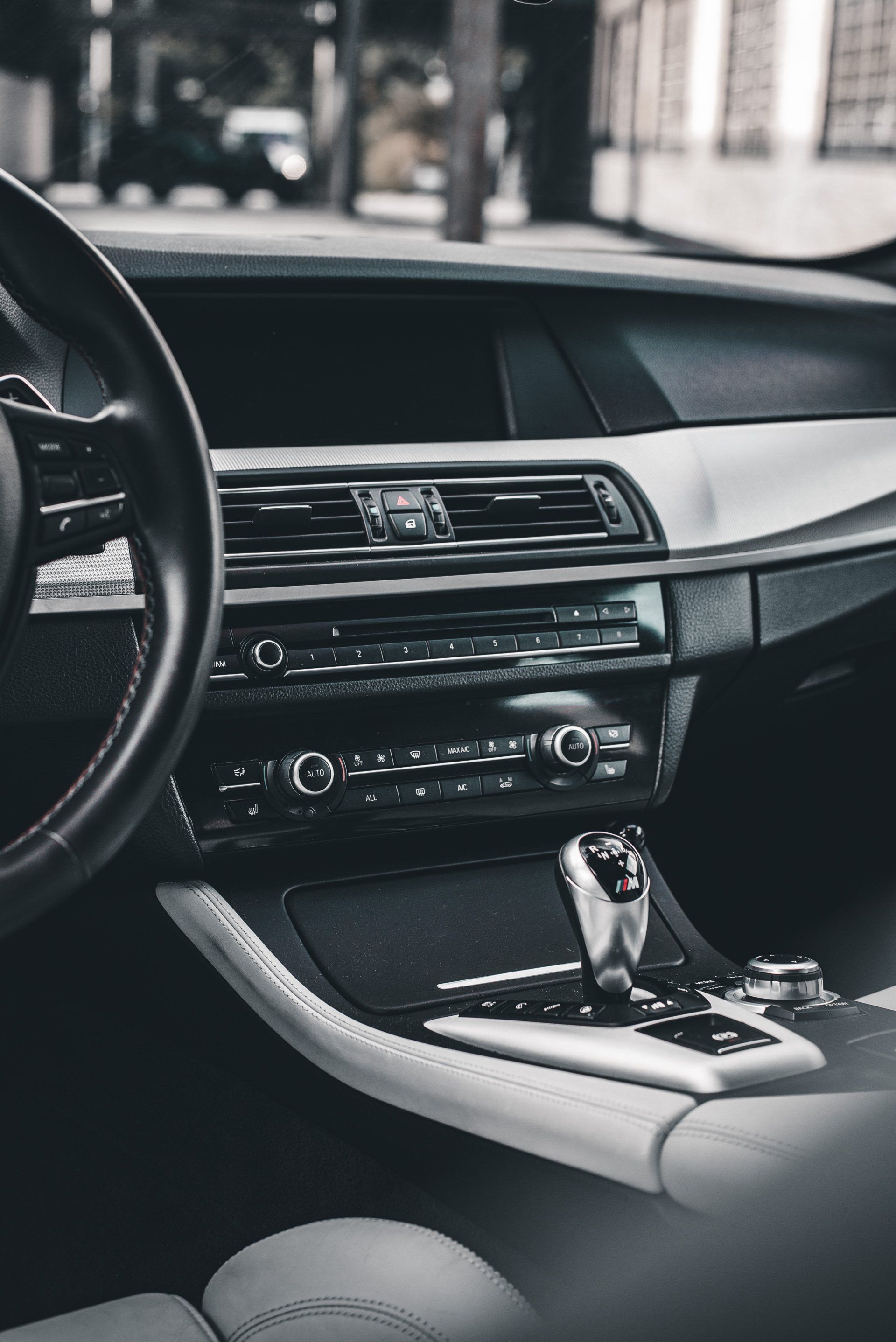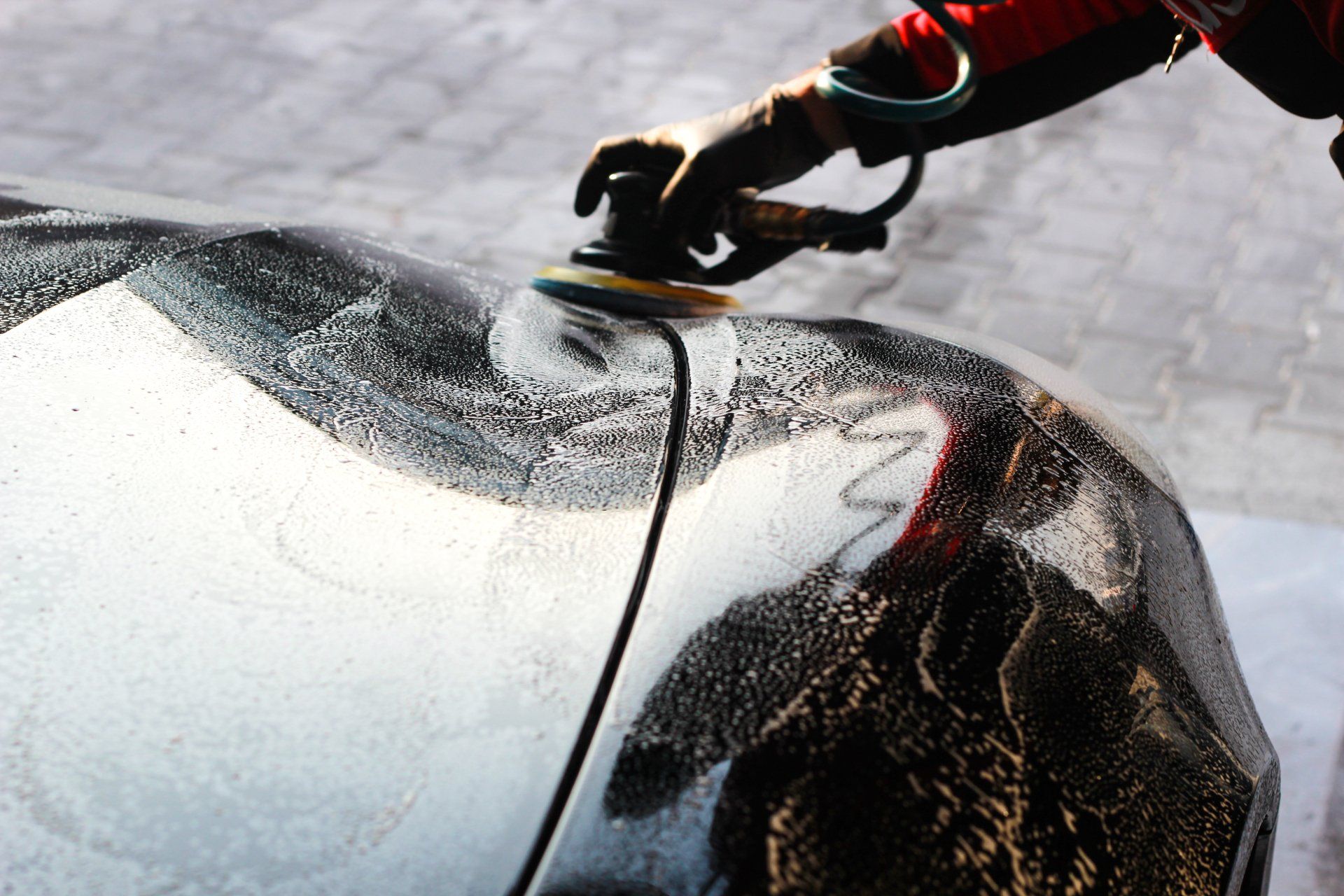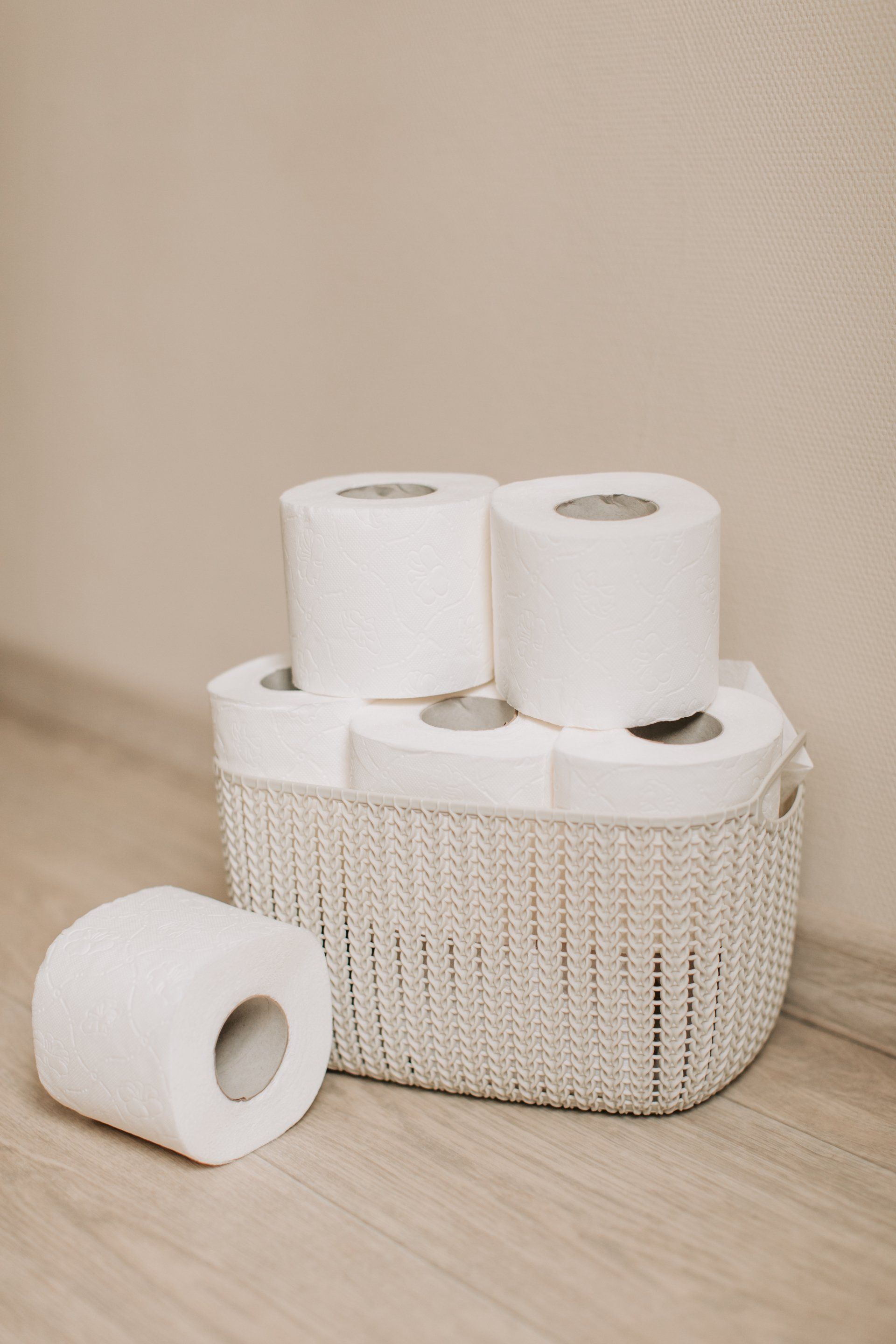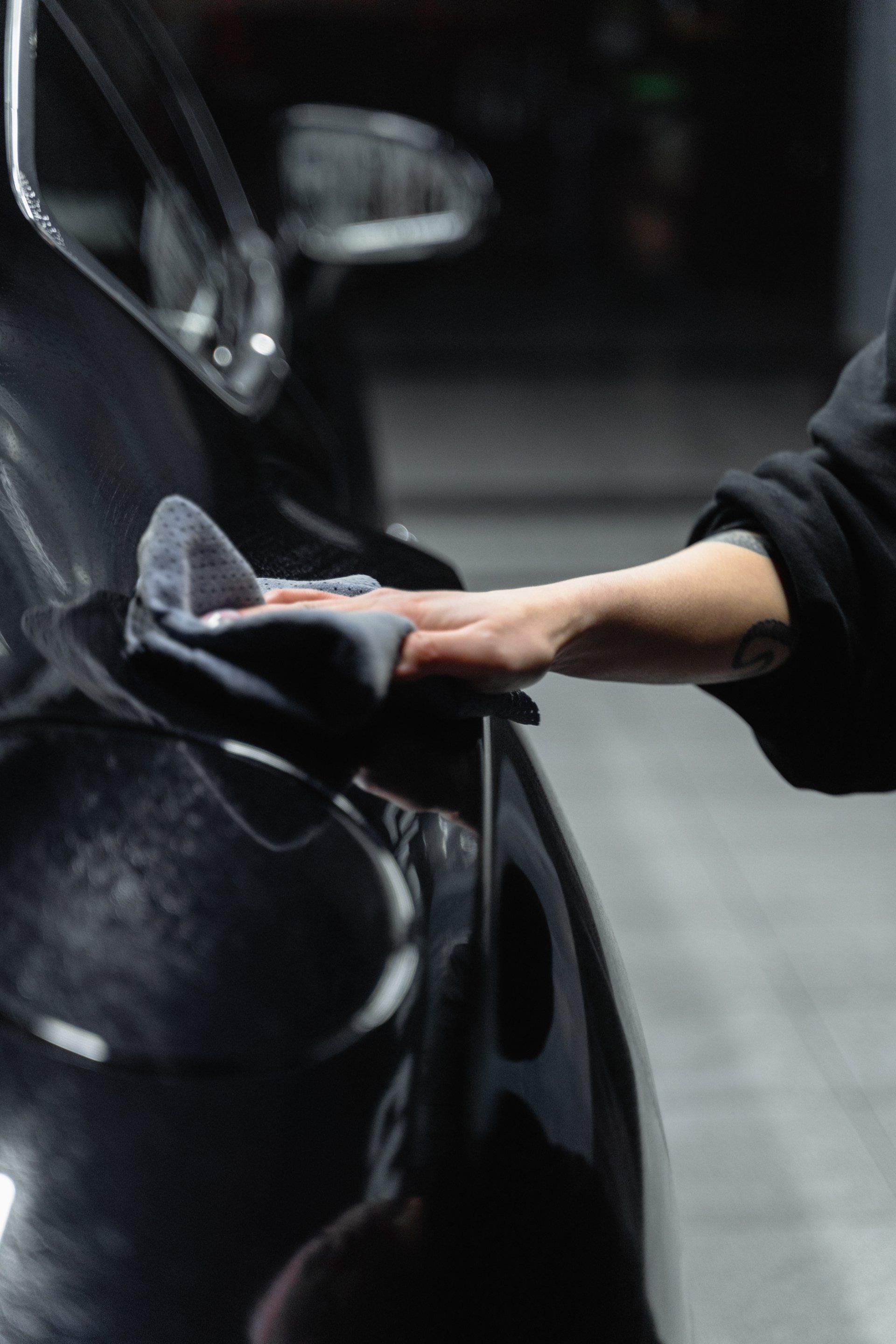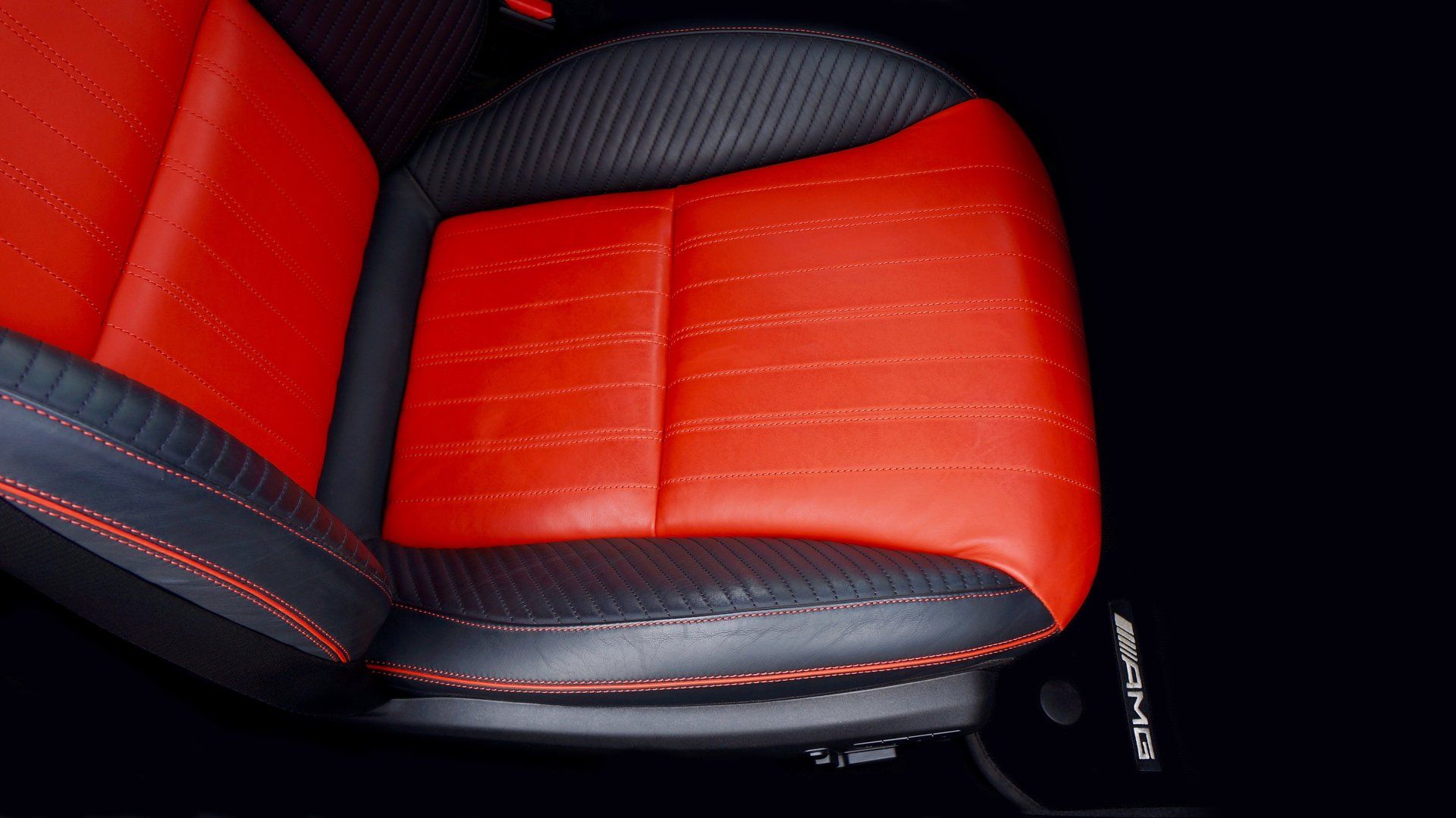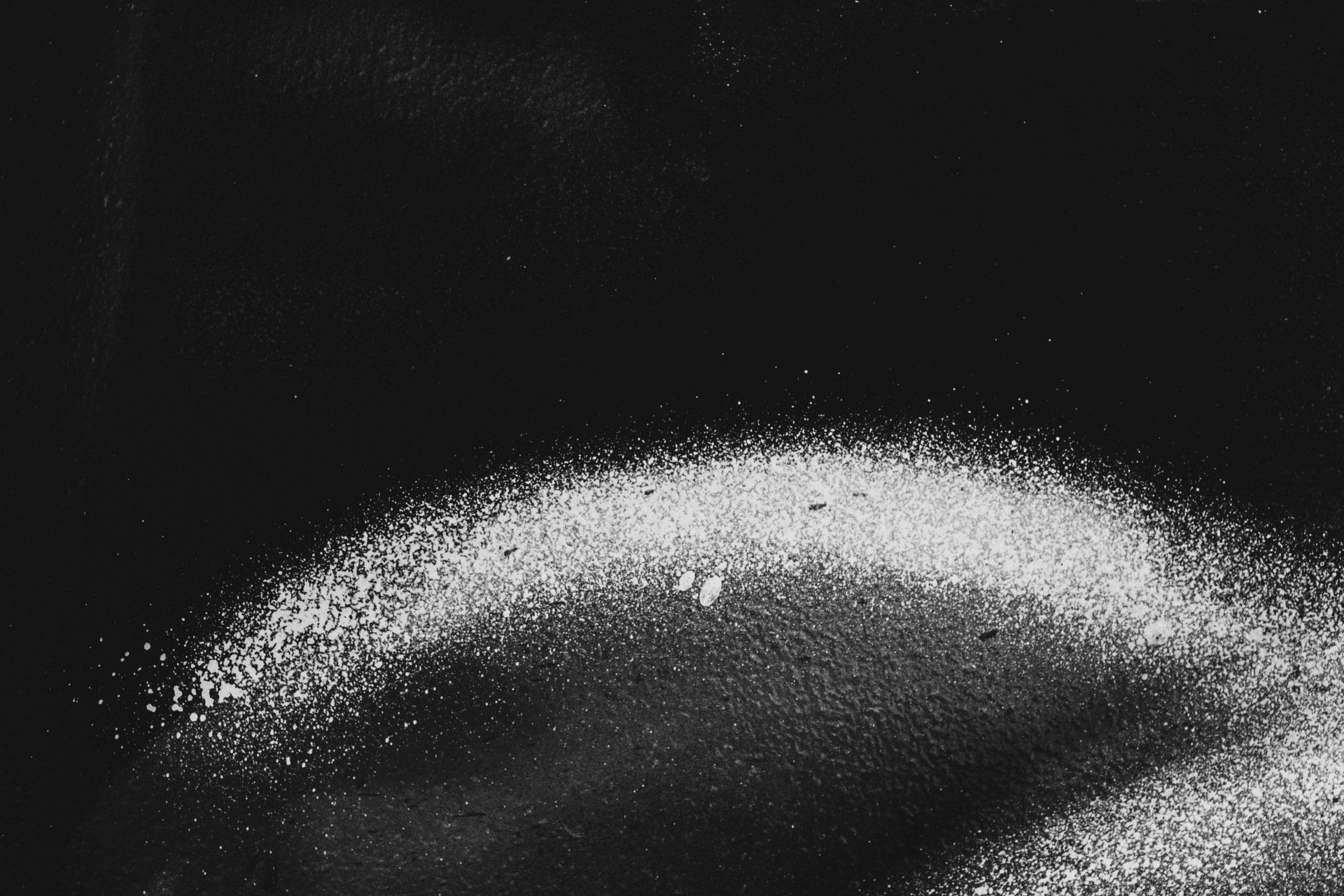Car Detailing Costs: Is It Cheaper To DIY?
Car Detailing Costs: Is It Cheaper To DIY?
Have you always wanted your car to have that fresh appearance? Detailing could give you the look you want, but you'll need to determine whether you'd prefer to DIY or hire a professional.
Car detailing is generally important to do regularly to ensure that your vehicle isn't in an unattractive state. The process of detailing keeps the value of your car in check and could even make you more secure. For instance, the headlights and windows that are dirty reduce visibility.
If you're considering whether to do it yourself or hire experts, take a look at these pros and cons.
What is Car Detailing?
The process of detailing a vehicle is the procedure of restoring a vehicle to its original condition or even better than new. Beyond just cleaning the surface, both the interior and exterior are cleaned for chips, scratches, cracks, aging and wear, as well as getting rid of dust and dirt.
Car detailing is performed by hand (versus the auto wash that is automated) and the final result is a car that appears like it was just taken off the production line.
Exterior detailing
Exterior detailing is about perfecting and protecting the paint, eliminating scratches, correcting chips and swirls, and fixing corrosion and rust. After cleaning the entire exterior and then washing it with water, the process of detailing the exterior involves:
Clay for painting. The clay bar is applied to the paint to eliminate any residue left from washing.
Polishing. Clear coat layers are removed in order to eliminate scratch marks and swirls.
Waxing. The application of a wax coat gives the final shine and layers of security. You can also choose to upgrade to ceramic coatings as well as PPF (paint protection film) to provide additional protection against elements such as UV radiation and acid rain, as well as bugs, rocks, and bird droppings.
It is also possible to have the paint corrected to address significant imperfections such as oxidation or staining. True paint correction is done using equipment or sandpaper and may require additional time over the two-to-four hours typically required to clean the exterior of a car.
Other exterior detailing steps include:
- Touch-ups to trim and paint
- Cleaning the exterior of glass
- Polishing of headlights
- Engine detailing
- Tire cleaning
- Interior detailing
Interior detailing usually comprises:
- Vacuuming is essential at the start and at the end of the work. A compressor can be used to reach the tiniest and most awkward crevices.
- Steam-cleaning or shampooing the upholstery flooring mats, carpets, and floor
- Cleaning and conditioning leather
- Cleansing the glass inside
- Interior wipe-down to get rid of dust and dirt
- Air freshener
What Are the Benefits of Professional Car Detailing?
- Professionals can save you time. A typical professional detailing for a clean and well-maintained vehicle is between two and four hours. The same project of detailing can take at least two times as long if you complete it yourself. If you don't want to leave your car in your detailing salon, a few companies can clean your car right at home!
- Professionals help you save money on sophisticated services that require special tools for detailing, like painting correction or engine detail.
What Are the Benefits of DIY Car Detailing?
- DIY car detailing can save costs if you're willing to pay upfront for the tools.
- DIY car detailing allows you to focus on the areas that are the dirtiest in your vehicle, allowing you to opt to perform a full or partial detail. Also, you can scrub away scratches and stains when they occur.
